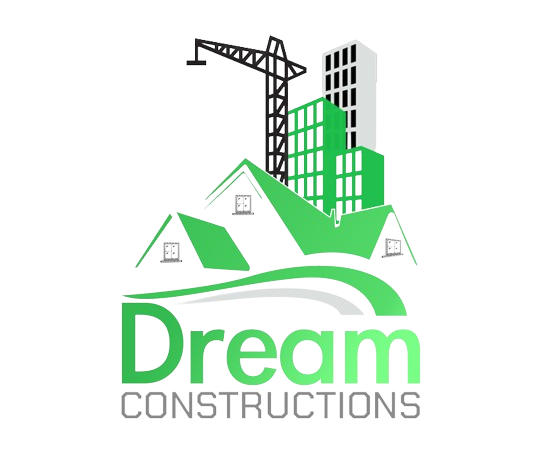Estimation Techniques
This heading covers various methodologies and approaches utilized in estimating project timelines, costs, and resource requirements. Techniques may include Analogous Estimation, Parametric Estimation, and Three-Point Estimation, among others. Each technique offers distinct advantages and is tailored to specific project requirements.
Factors Influencing Estimation
Under this heading, factors affecting estimation accuracy are explored. These may encompass project scope, available resources, historical data, external dependencies, and inherent uncertainties. Understanding these factors is crucial for devising robust estimation strategies and managing stakeholder expectations effectively.
- Cost Estimating
- Quantity Takeoff
- Value Engineering
- Bid Preparation
- Cost Management
- Risk Assessment and Mitigation
Cost estimating services involve analyzing project specifications, materials, labor requirements, and other factors to determine the overall cost of construction. Estimators use historical data, industry standards, and current market rates to calculate accurate cost projections for different phases of the project, including pre-construction, construction, and post-construction phases.
Quantity takeoff services involve quantifying the materials, labor, and resources needed to complete specific tasks or components of a construction project. Estimators carefully review architectural and engineering drawings, specifications, and project plans to identify and quantify the quantities of materials required, such as concrete, steel, lumber, and finishes.
Value engineering services focus on identifying opportunities to optimize project costs without compromising quality, functionality, or performance. Value engineers analyze project designs, materials, and construction methods to propose alternative solutions or modifications that reduce costs while maintaining project objectives and standards.
Bid preparation services involve preparing comprehensive bid packages and proposals for contractors, subcontractors, and suppliers interested in participating in the construction project. Estimators compile detailed cost breakdowns, scope of work documents, and contractual terms to solicit competitive bids and ensure transparency and fairness in the bidding process.
Cost management services involve monitoring and controlling project costs throughout the construction process to ensure adherence to budget constraints and financial goals. Estimators track expenses, analyze variances, and implement cost-saving measures to mitigate risks and avoid budget overruns. Cost management efforts help optimize resource allocation, streamline procurement, and enhance project profitability.
Risk assessment and mitigation services involve identifying potential risks and uncertainties that could impact project costs and schedules. Estimators conduct risk analyses, assess the likelihood and severity of risks, and develop strategies to mitigate or manage them effectively. By proactively addressing risks, construction projects can minimize disruptions, delays, and cost overruns.
Risk Management in Estimation
Estimation inherently involves risks, such as underestimation leading to budget overruns or missed deadlines. This heading delves into proactive risk management techniques integrated into the estimation process. Strategies may involve contingency planning, sensitivity analysis, and Monte Carlo simulations to assess and mitigate potential risks. Effective risk management ensures estimation accuracy and enhances project success rates.




